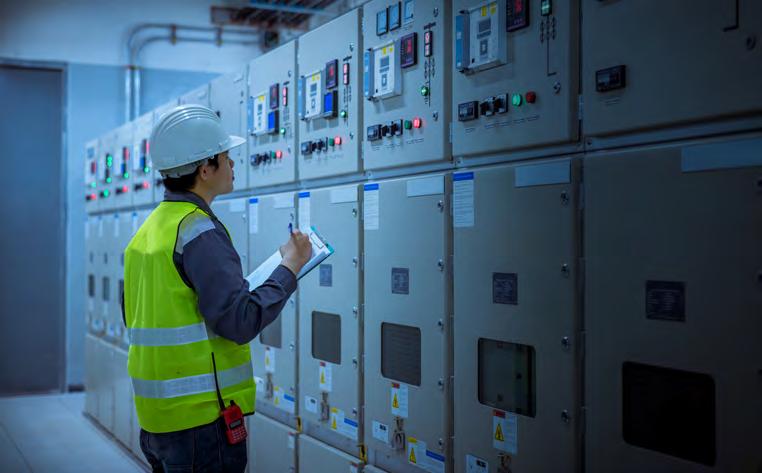
2 minute read
The impact of energy efficiency standards and labelling on TRADE AND MARKET PROTECTION IN AFRICA
Far from impeding international trade, energy efficiency standards and labelling are needed to advance Africa’s energy transition on all fronts.
The annual public forum of the World Trade Organisation (WTO) is the world’s biggest platform for discussions on progress in world trade. It also provides an opportunity for the tabling of proposals to improve the multilateral trading system. The 2022 forum was held in October with Towards a sustainable and inclusive recovery as theme.
Advertisement
CLASP nominated a panellist each from India and South Africa to share the emerging market experience and perspective on barriers to trade for energy-efficient appliances and equipment. The topic was both interesting and relevant, given that original equipment manufacturers can experience minimum energy performance standards (MEPS) and the methods of enforcing them, notably tariffs and levies, as a challenge to the free flow of goods in growing international markets such as South Africa, and the African continent at large.
A significant percentage of the appliances sold in South Africa are manufactured in Europe and Asia. In addition to the sustainability objectives that can be achieved through the implementation of energy efficiency policies, emerging markets need to recognise the importance of policy instruments that protect local markets by encouraging

Source: www.wto.org localisation and preventing technology dumping in countries that are already vulnerable from an energy-security point of view. Such dumping often happens in African countries that tolerate electrical equipment that may be banned in countries that have regulations against inefficient technologies.
A recent example of dumping involved shipping containers filled with what could be viewed as a lifetime supply of compact fluorescent lamps (CFLs). While the most energyefficient option many years ago, CFLs have long since been eclipsed by more efficient LED lighting. How long will it take
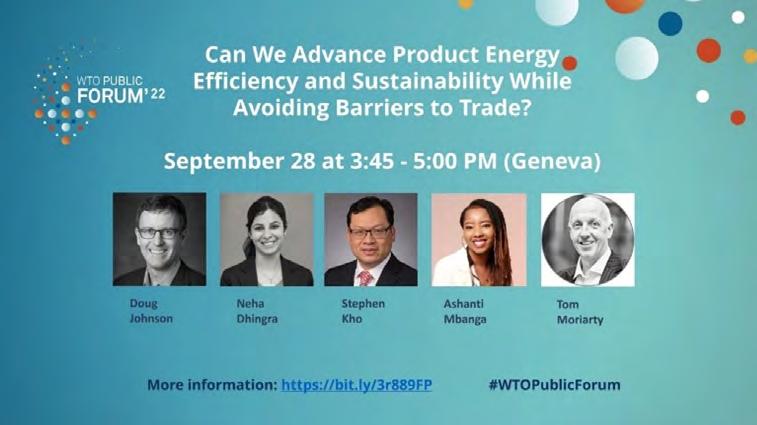
South Africa to recover from an influx of CFLs that have legally entered the market and will be in circulation for years before they can be replaced by more efficient alternatives?
For African economies to match first-world agility when it comes to evolving with global technology advancements, a proactive approach to adopting MEPS is needed to protect local industries and the public.
The crippling effect of rolling blackouts is putting South Africa’s economic vulnerability on public display. Limiting trade opportunities in favour of the most efficient electricity consuming technologies is no longer a choice but a necessity. Given South Africa’s status as the port of entry for much of the trade with and between African nations, it is crucial that the Department of Mineral Resources and Energy’s national programme for energy efficiency appliance standards and labelling is strengthened and expanded to cover as many product categories as possible. Other African countries are developing MEPS too, which is crucial as an act of due diligence.

The African Continental Free Trade Area (AfCFTA) unifies 55 countries and eight regional economic communities (RECs) to create the world’s biggest free-trade area. The overall mandate of the AfCFTA is to create a single continental market in support of the African Union’s long-term development strategy for transforming the continent into a global powerhouse.
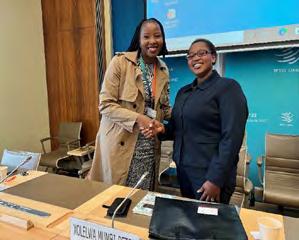
In the context of AfCFTA, the benefits of scrapping a host of tariffs to allow free movement of commodities and services across the continent are many and varied. They include economic growth, poverty alleviation and the formalising of informal trade practices to enable formal job creation and the empowerment of informal entrepreneurs.
Removing up to 90% of tariffs may work well for certain products and services, but there is a case to be made that electronics are the exception, in the interest of protecting local industries and customers, and advancing Africa’s energy transition and long-term energy security.

KEY TAKE AWAYS FROM THE WTO SESSION ON ADVANCING PRODUCT ENERGY EFFICIENCY AND SUSTAINABILITY WHILE MITIGATING TRADE BARRIERS:
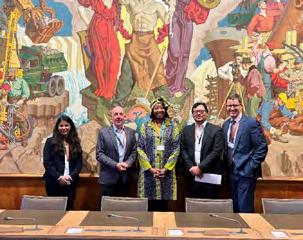
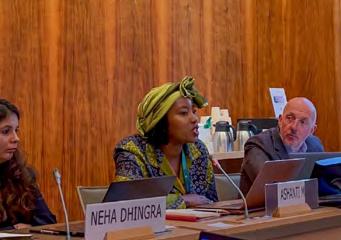
• Local testing standards need to be standardised.
• Advanced regulatory impact assessments will enable the anticipation of technological advancement and reduce the risk of new technologies being introduced in outdated policy landscapes.
• Simplified energy efficiency labelling requirements will reduce cost and compliance burdens and encourage the industry to increase efficiencies.










